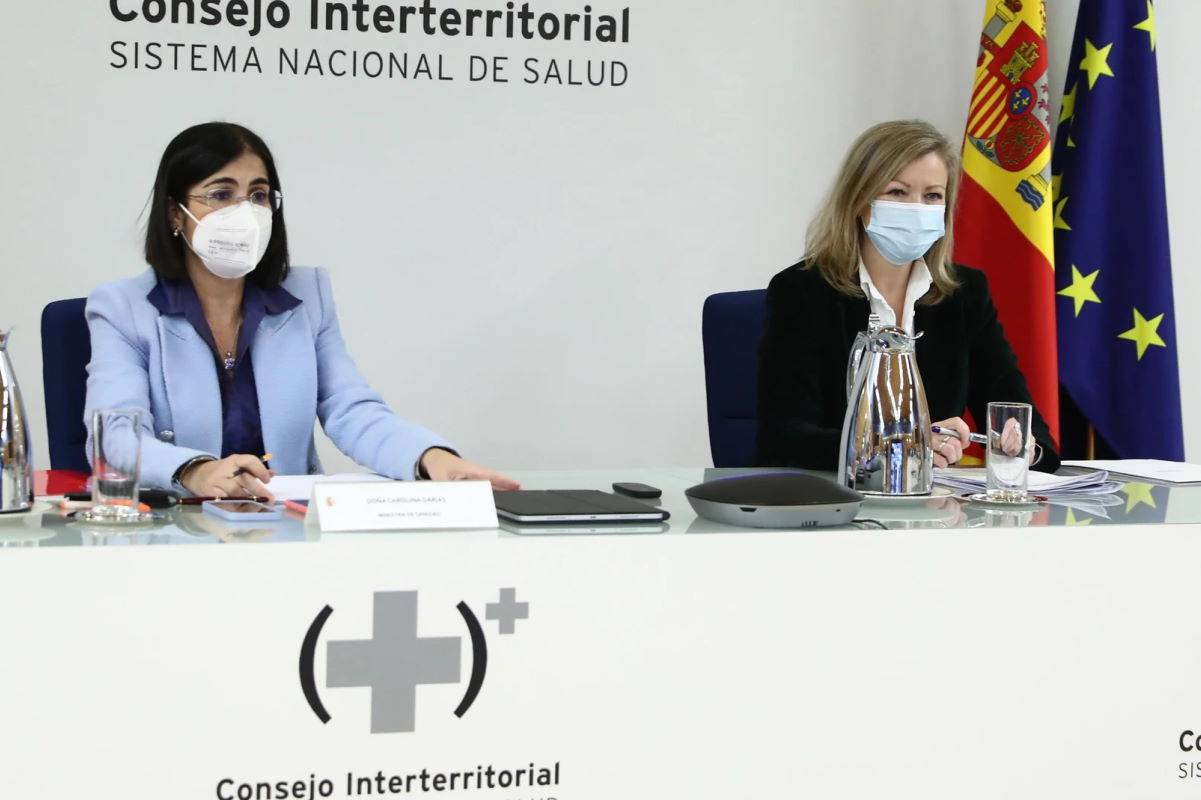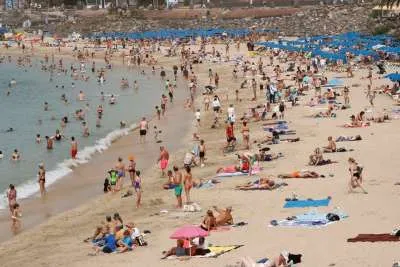Masks will remain mandatory outdoors for longer in the Canary Islands
- 02-02-2022
- National
- Canarian Weekly
The use of masks will continue to be mandatory outdoors, although the Minister of Health, Carolina Darias, said today that this is a "temporary" measure and their withdrawal is getting "closer", at the Interterritorial Health Council in Madrid with the Ministry of Health and representatives from all regions of Spain.
She tried to defend keeping masks, the most symbolic restriction of the pandemic and the one that generates the most controversy, after data from her department, and the regions against it, showed discrepancies.
For now, the ruling of the Ministry of Health continues to prevail, because they believe that it is too soon to lift the mandatory use. Darias said: "We have the favourable position of the Alerts Committee (the Health advisory body during the pandemic) and there is no doubt that masks produce a 'barrier effect’”.
“We approved this measure before Christmas, which was demanded by practically all regional health authorities, and it will be maintained during this essential period of overcoming the sixth wave," and refused to give a deadline for the end of this measure.
However, the resistance against this decision is getting greater, especially after the controversial validation in Congress yesterday of the decree that extends its use. The approval has once again stirred up a controversy that divides different regions of Spain, as some are for it and some are against it.
Politicians and scientists cannot agree on their effectiveness:
In this debate, the decisions of the politicians do not fully match those of the scientists. With different nuances, the experts highlight that the mandatory use of masks outdoors, is not one of the most effective measures, and say that it was a controversial restriction when it was reintroduced at the end of December.
“They are not always useful and the endorsement that Congress gave on Tuesday seems inappropriate to me,” explains Óscar Zurriaga, vice president of the Spanish Society of Epidemiology. He believes that the changes in discourse and the lack of scientific evidence, have weighed down limitations that at some point would have made some sense.
“Outside, they only make sense when there are crowds or if social distancing cannot be kept, but in general, this limitation could have been removed months ago,” he said, and acknowledges, even so, that it is an “iconic” measure, and that: “Removing the use of masks would give the impression that the pandemic is over.”
The president of the Spanish Society of Immunology, Marcos López Hoyos, admits that it is difficult to legislate "common sense", which would advise only using masks outdoors if you cannot keep your distance. For this reason, he proposes that the obligation can be lifted "when the sixth wave is controlled", but as long as the incidence continues at high levels, he agrees that it should be maintained.
“It is evident that if a person walks alone on the street, a mask is not necessary, but there are also situations outside, such as crowds or close contacts, in which they are necessary,” he said.
Other articles that may interest you...
Trending
Most Read Articles
Featured Videos
TributoFest: Michael Buble promo 14.02.2026
- 30-01-2026
TEAs 2025 Highlights
- 17-11-2025


























































